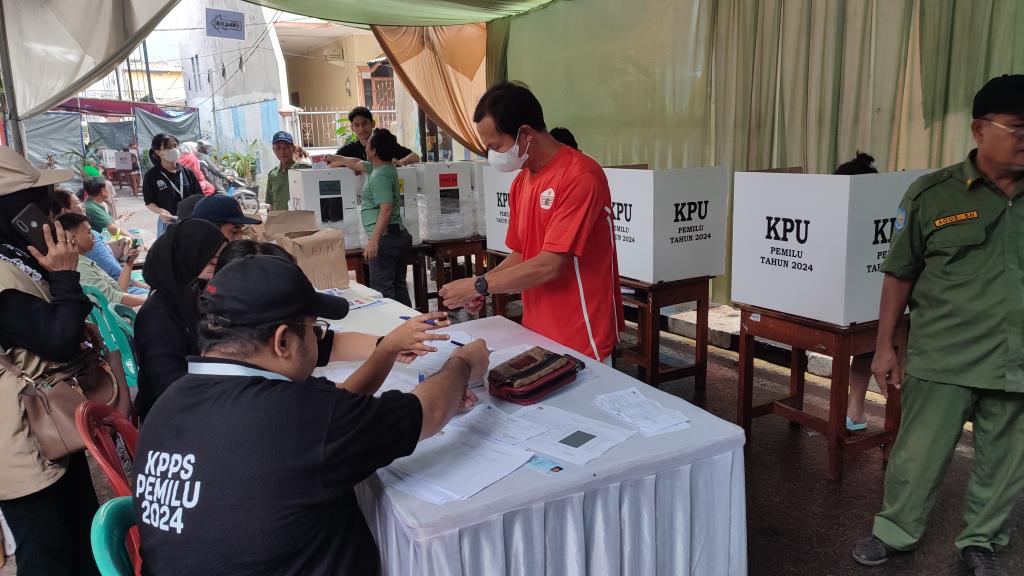Climate change is a significantly urgent problem to address. The Intergovernmental Panel on Climate Change (IPCC) calls it “a threat to human wellbeing and health of the planet”. Yet, in Indonesia, the issue has received relatively little attention from the parliament (DPR RI) despite its key legislative, budgeting, and oversight functions and the systemic importance of Indonesia’s tropical rainforests for the climate of the planet, which make it a pivotal country in global climate diplomacy and of the opportunities for inclusive, resilient economic development related to the ongoing green technological revolution.
The report argues that the parliament’s lack of engagement reflects the general lack of understanding of the impact of climate change among Indonesians. The science behind climate change are perceived as extremely complicated, difficult to digest, and prone to misinformation. The report acknowledges that climate scientists bear responsibilities as well to improve the ways that climate change is communicated in an accessible manner to the general population, even more so to policy makers and parliamentarians. A 2021 survey by Development Dialogue Asia found that while 88% of respondents have heard of the term “climate change”, only 44% understood its definition. A 2022 Yale study on public opinion on climate change also reported that Indonesians (18%) were the least likely alongside Yemenis (21%) to think that climate change is caused by human activities.
Relying on the wealth of information available on Climate Action Tracker, Climate Watch Data, and Climate Analytics, the authors of this report found that despite having ratified the Paris Agreement through Law No. 16/2016, the ambition level of Indonesia’s climate commitments lags behind other countries that share similar characteristics, which include:
- Top 10 tropical forest countries: Brazil, Congo, Indonesia, Peru, Colombia, Bolivia, Cameroon, Central African Republic, Ecuador, and Gabon.
- Top 10 emerging market countries: Argentina, Brazil, China, India, Indonesia, Mexico, Poland, South Africa, South Korea, and Türkiye.
- Association of Southeast Asia Nations (ASEAN) member countries: Brunei Darussalam, Cambodia, Indonesia, Laos, Malaysia, Myanmar, the Philippines, Singapore, Thailand, and Vietnam.
By looking at the different thematic priorities of parliamentary committees and identifying existing gaps in the parliament’s legislation, budget, and oversight agenda, the report offers a concrete pathway for the Indonesian parliament to raise the level of ambition of Indonesia’s climate commitments.
Legislation
The parliament holds the power to harmonise the many laws and regulations that are relevant to the efforts of adapting and mitigating the impact of climate change across different sectors, from forest and land use, energy, industrial processes, to agriculture. Specifically, the parliament could prioritise developing and passing a Climate Change Bill collaboratively with civil society stakeholders.
Budgeting
The parliament holds the power to ensure appropriate budget allocation and effective coordination of cross-sectoral climate financing. The application of green budgeting framework could be useful for the parliament to accurately review government budget plans by prioritising allocation for government policies that have been proven to be effective in reducing greenhouse gas emission.
Oversight
The parliament holds the power to demand government accountability and transparency. The report offers concrete steps for the parliament to optimise its oversight by conducting post-legislative scrutiny and enabling the development of an open repository to inform citizens of the implementation of climate-related laws and regulations as well as the use of climate funds.
Annexes
This annex document (in English) outlines the research methodology (Annex 1), Indonesia's climate policy long list (Annex 2) and short list (Annex 4), as well as a quantified scoring of the ambition level of Indonesia’s climate commitments against countries with similar characteristics (Annex 3).




